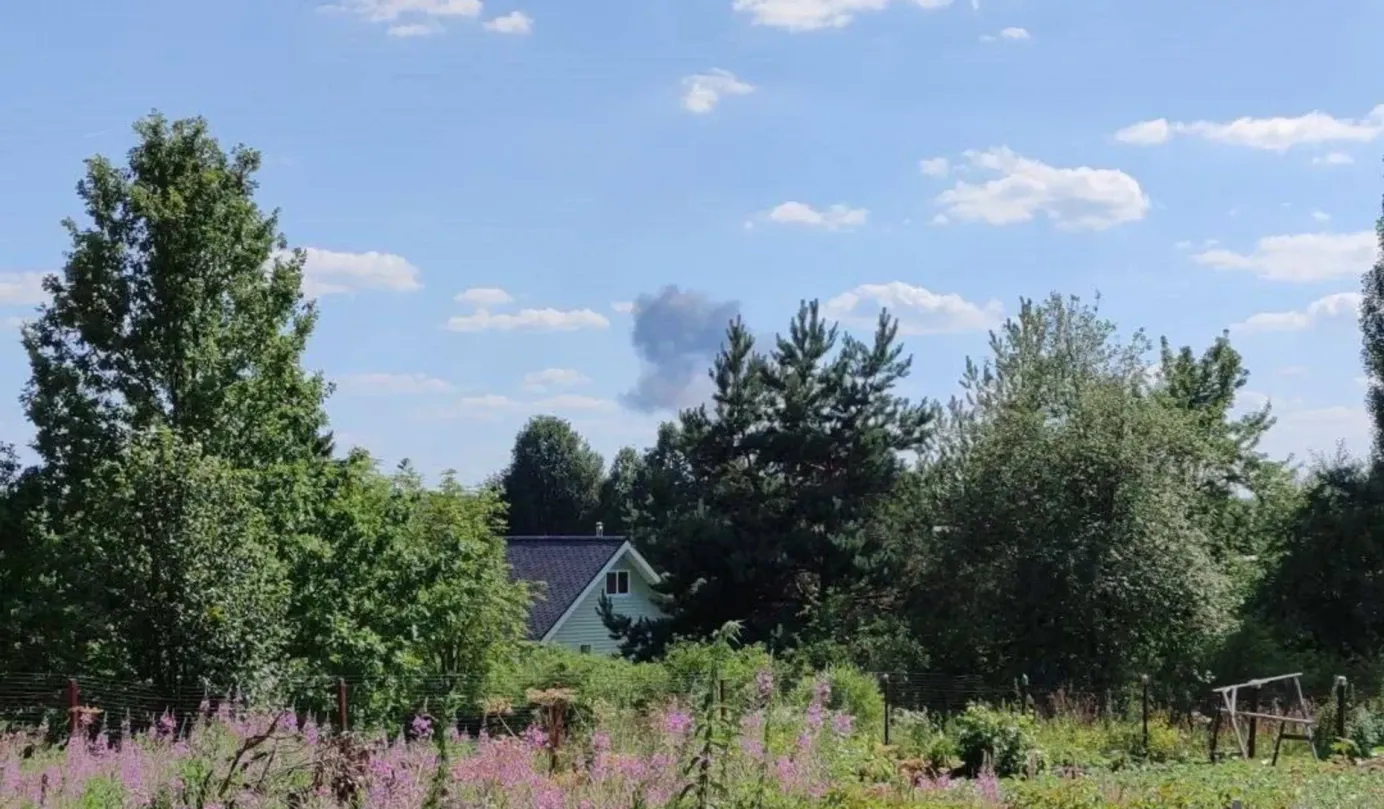
Russian Central Bank takes emegency measures as the ruble plummets
Russia’s Central Bank, which is also responsible for national monetary policy, is trying to strengthen the falling ruble. Last week, it refused to invest in foreign currency as required by budget rules. But on Monday, as the dollar rate reached 100 rubles for the frst time since March 2022, the Central Bank had to call an extraordinary meeting to raise its key rate.
- The current version of the budget rules was flawed from the outset – it enshrines a mechanism for self-devaluation of the ruble. As soon as oil and gas revenues hit the specified mark, the Central Bank purchases foreign currency which devalues the ruble. Since the start of the year, Russia’s currency has fallen 24% against the dollar and became one of the three worst-performing currencies alongside the Turkish lira and the Argentine peso.
- Halting foreign currency purchases will reduce demand in August by just $400 billion, and by $7-9 billion by the end of the year. That could strengthen the ruble rate by just 2-3%, as Alexander Isakov, Bloomberg Russia’s head economist, calculated. “Clearly, these are not even half measures, but non measures, given the scale,” wrote Loko-invest’s chief analyst Dmitry Polevoy. Isakov believes this is quite a lot, due to the thinning of the Russian forex market.
- Despite the Central Bank’s decision, by the weekend the dollar rate came close to 100 rubles – the highest we’ve seen since late March 2022. To strengthen the ruble, signals from the government and interest rate decisions from the Central Bank will be far more significant, said the economists surveyed by The Bell. On Monday, as the dollar rate hit 100 rubles, the Central Bank called an extraordinary meeting to review the key rate. Analysts expect a hike of at least 1.5 percentage point from the current 8.5%.
Why the world should care
Wth the dollar at 100 rubles, the exchange rate is increasingly becoming a political issue, and the Kremlin is more likely to intervene in the economic policy making. On Monday, Vladimir Putin's advisor Maxim Oreshkin blamed the Central Bank for allowing the ruble to plummet in an article published by state news agency TASS.




